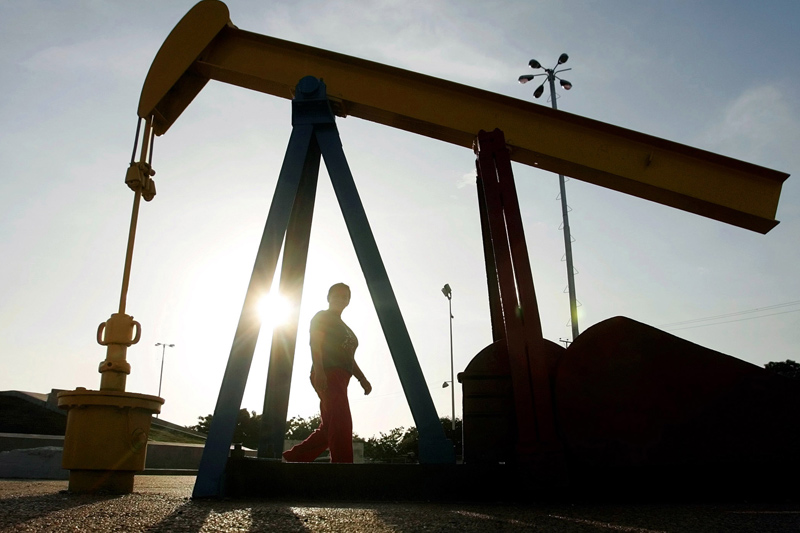By Peter Nurse
Investing.com -- Oil prices slumped Monday, to the lowest levels in almost two weeks, on concerns that prolonged COVID-19 lockdowns in China will hit demand from the world’s largest importer.
By 8:30 AM ET (1230 GMT), U.S. crude futures traded 5.6% lower at $96.31 a barrel, while the Brent contract fell 5.6% to $100.19 a barrel. Both benchmark contracts have fallen to lows not seen since April 12.
U.S. Gasoline RBOB Futures were down 4.6% at $3.1338 a gallon.
The losses follow the announcement of mass-testing and mobility restrictions in the capital Beijing, at a time when most of the country's biggest city, Shanghai, has already been locked down for nearly a month.
“China continues to be a key concern for the oil market,” said analysts at ING, in a note. “The Covid situation in China appears to be moving in the wrong direction with Beijing seeing a spike in cases over the weekend. China’s zero-covid policy means that oil demand will be taking a hit as authorities try to bring the outbreak under control.”
China, the world's second biggest consumer, has already seen its demand fall by around 1.2 million barrels a day this month, according to a report last week by Bloomberg.
Although the cases reported in Beijing on Sunday were a relatively modest 29 out of a population of 21.5 million, the example of Shanghai suggests cases will rise quickly and prove difficult to contain.
The signs of weakened Chinese demand come at the same time as the Federal Reserve is set to aggressively tighten monetary policy, potentially capping U.S. growth.
Adding to the market’s woes was the news that Libya is set to restart oil production over the next few days at fields which were previously shut due to protests. This could potentially add a further 500,000 barrels a day to the global market.
These factors have overshadowed news of a major fire at fuel storage tanks in Bryansk, western Russia, near the country's most important oil export pipeline.
The pipeline operator Transneft has yet to make a statement over whether crude flows through the main Druzhba pipeline were affected, but it carries some 20% of Russian oil exports to Europe.
The European Union has yet to formally instigate a ban on Russian oil, but The Times of London reported that the bloc is preparing a new round of sanctions that would also extend, at least partly, to Russian crude.
